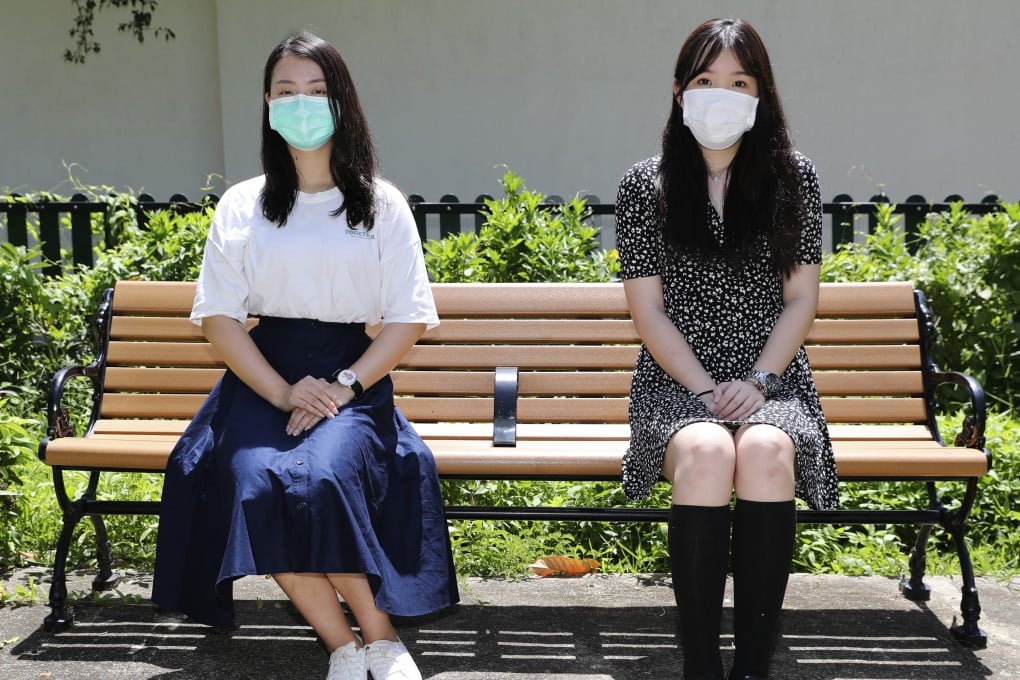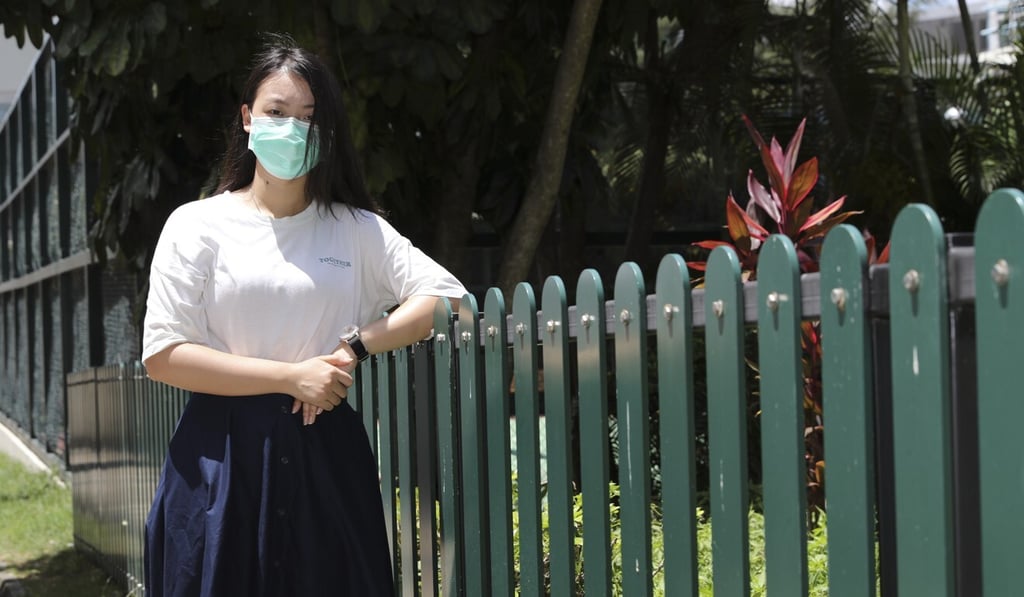Pupils nominated for Student of the Year Awards for overcoming health, behavioural problems
- Chan Tsz-kiu of Buddhist Fat Ho Memorial College battled postural orthostatic tachycardia syndrome and now hopes to join university
- To Nga-man of Buddhist Wong Wan Tin College returned to the mainstream of society with the help of a social worker, and started helping others

For 20-year-old student Chan Tsz-kiu, hospital was practically her “second home” because of a chronic cardiovascular disease, which left her on her sickbed just months before she sat the university entrance exam in April.
The Buddhist Fat Ho Memorial College student, who had battled postural orthostatic tachycardia syndrome – a blood circulation disorder with an abnormal rise in heart rate from sitting or standing up – has gone a long way to accept and live with her unstable health condition with a firm determination of becoming an interior designer.
“The sickness, although it cannot be completely gone and I probably have to face it for the rest of my life, and the feeling of death being constantly close to me have reminded me not to be afraid of taking risks, as well as to treasure all that I have at the moment,” she said.

Chan, alongside To Nga-man who is also in Form Six, are both finalists in the best-improvement category at this year’s Student of the Year Awards organised by the South China Morning Post and sponsored by the Hong Kong Jockey Club.
Born in mainland China, Chan moved to Hong Kong in 2011 with her father to live with her stepmother after her parents’ divorce. Life was difficult as her stepmother did not only have to take care of her sick father, but also her grandma who had dementia.